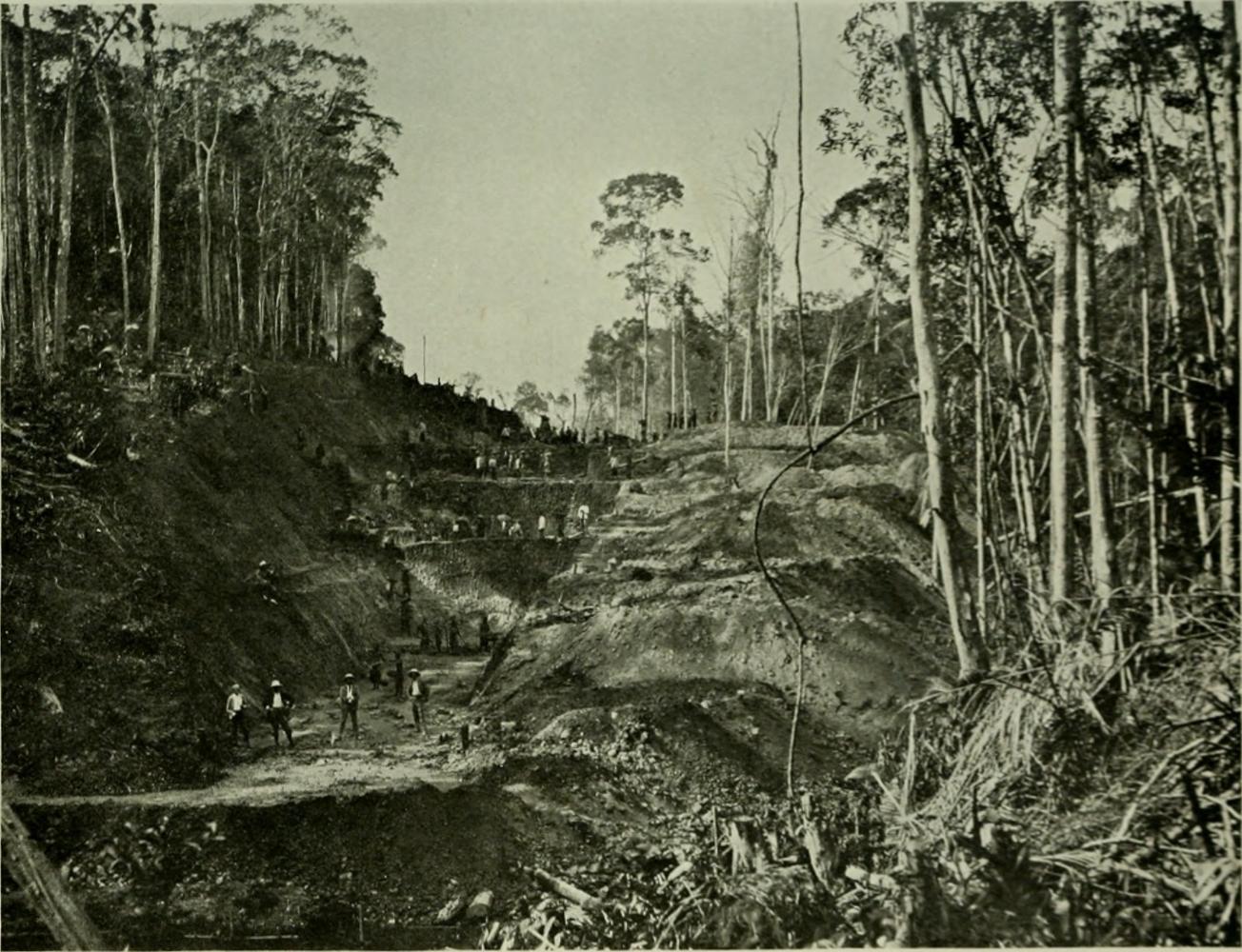Tropical Rainforests in Malaysia
Malaysia is a country in South-East Asia, located near the equator. It has a number of large tropical rainforests, which make up 62% of the country. Malaysia’s rainforests are home to over 15,000 species of plants and over 1,600 species of animals. 14% of animal species in Malaysia’s rainforests are not found in any other country.
Deforestation in Malaysia
Deforestation is the removal of forests for the conversion of land to a different use. Between 1990 and 2010, Malaysia lost 8.6% of its forests. The main cause of deforestation today is logging and land clearing, as companies remove forests to set up palm oil and rubber plantations. Other drivers of deforestation include urbanisation and the expansion of infrastructure.
Deforestation and Empire
Malaysia was part of the British Empire from 1824 to 1957. The British introduced new cash crops into Malaysia, including rubber (from South America) and palm oil (from West Africa). The British set up plantations, clearing land, which led to deforestation. Many Malaysian people lost their land, whilst labourers worked in poor conditions on the plantations. By 1920, rubber plantations covered 2 million acres in Malaysia.

Impact of Deforestation
Deforestation effects both the environment and society. The main impact of deforestation is soil erosion, as removing trees makes the soil less stable. This can result in mudslides and make flooding worse. Deforestation can also cause a reduction in soil fertility, as removing trees reduces the nutrients which go into the soil, making it harder to grow a variety of crops. Alongside this, deforestation can cause a loss of biodiversity, as species that can only be found in the rainforest lose their habitats. Finally, deforestation can cause a loss of culture and knowledge. People living in the rainforest often have unique knowledge of the environment which could be lost.
Deforestation After Independence
Malaysia was occupied by Japan during the Second World War. Following this, Malaysia gained independence from the British Empire in 1957. However, deforestation continued, as the Malaysian economy relied on palm oil plantations. Nonetheless, Malaysian geographers and scientists have played an important role in measuring and mapping deforestation as well as developing strategies to manage the rainforest sustainably.


